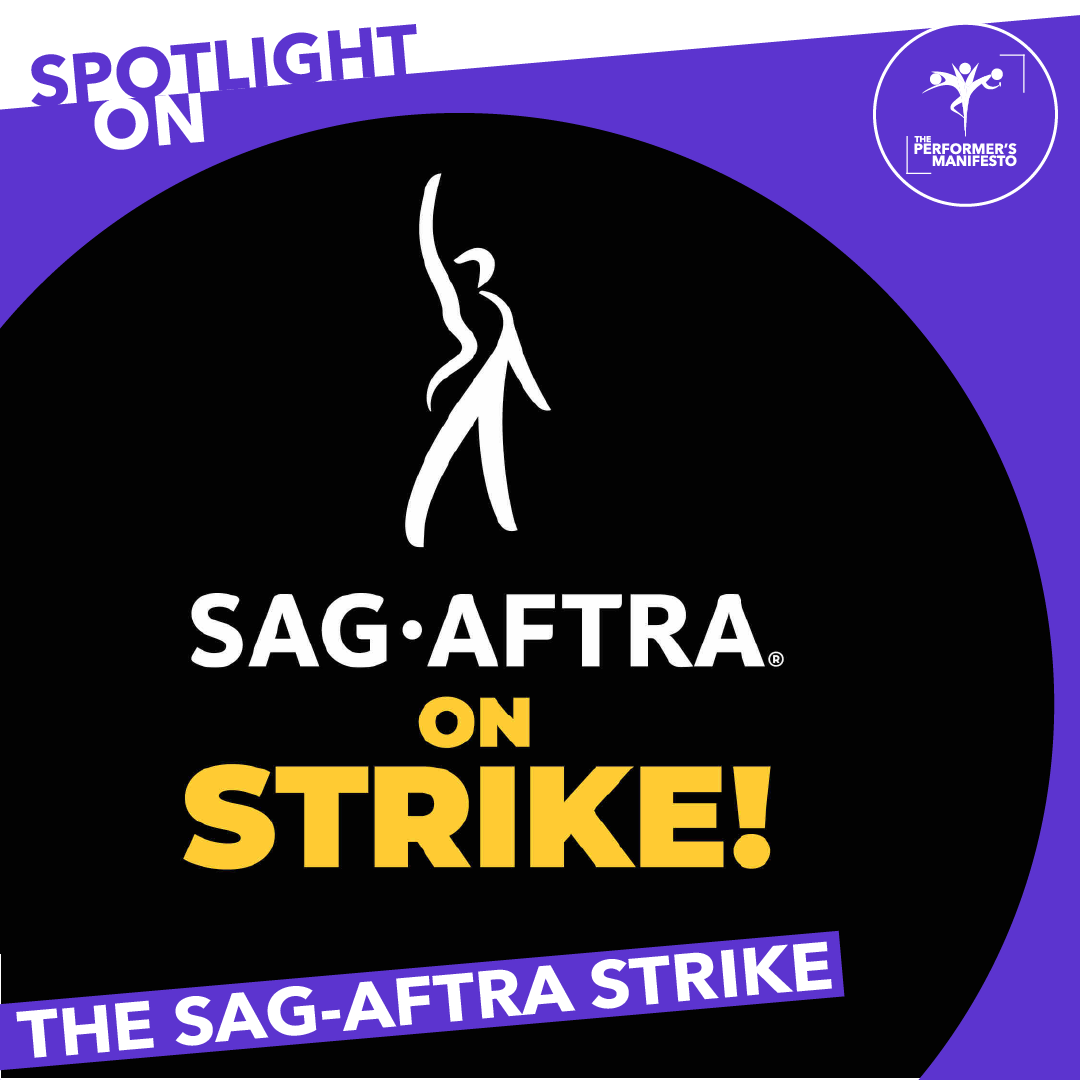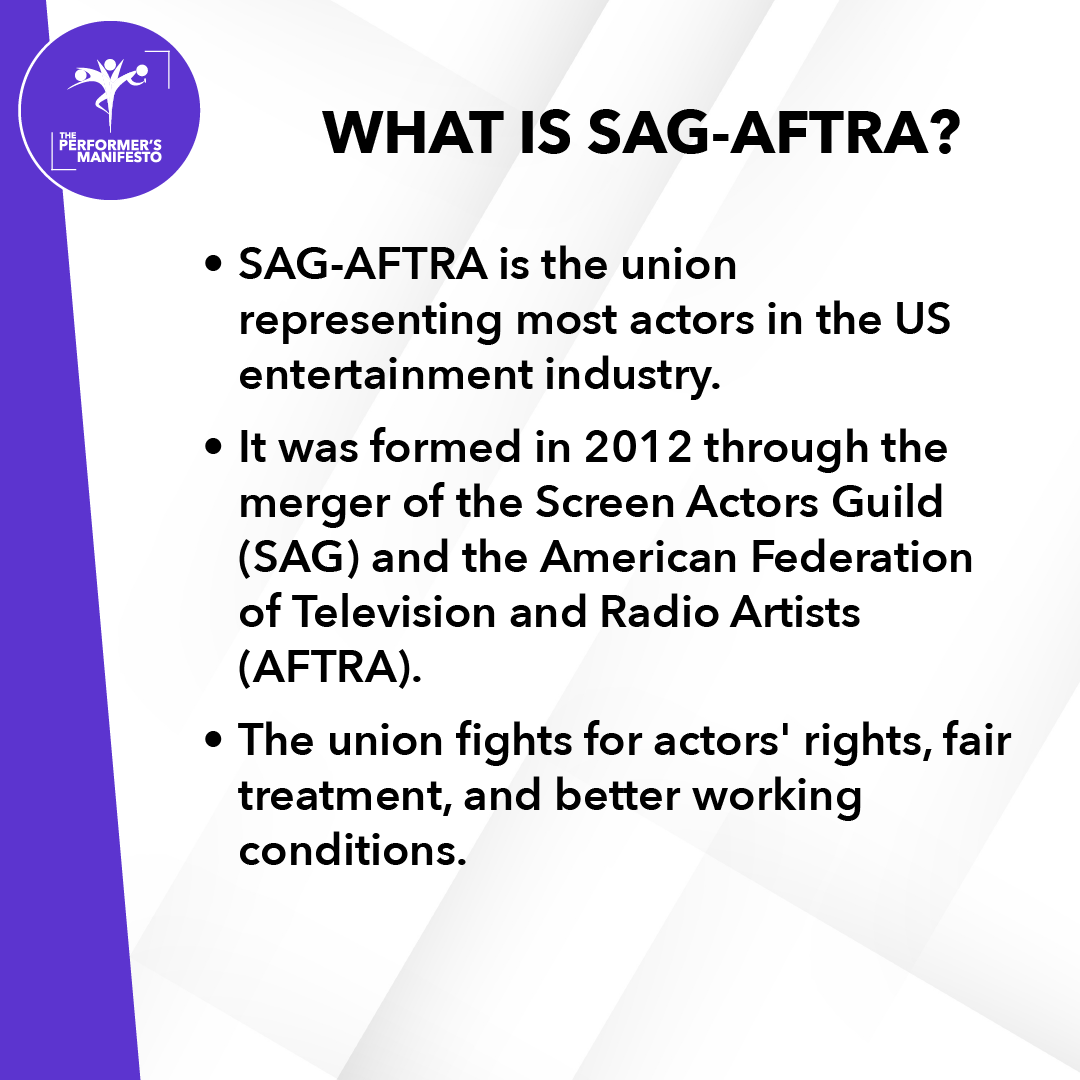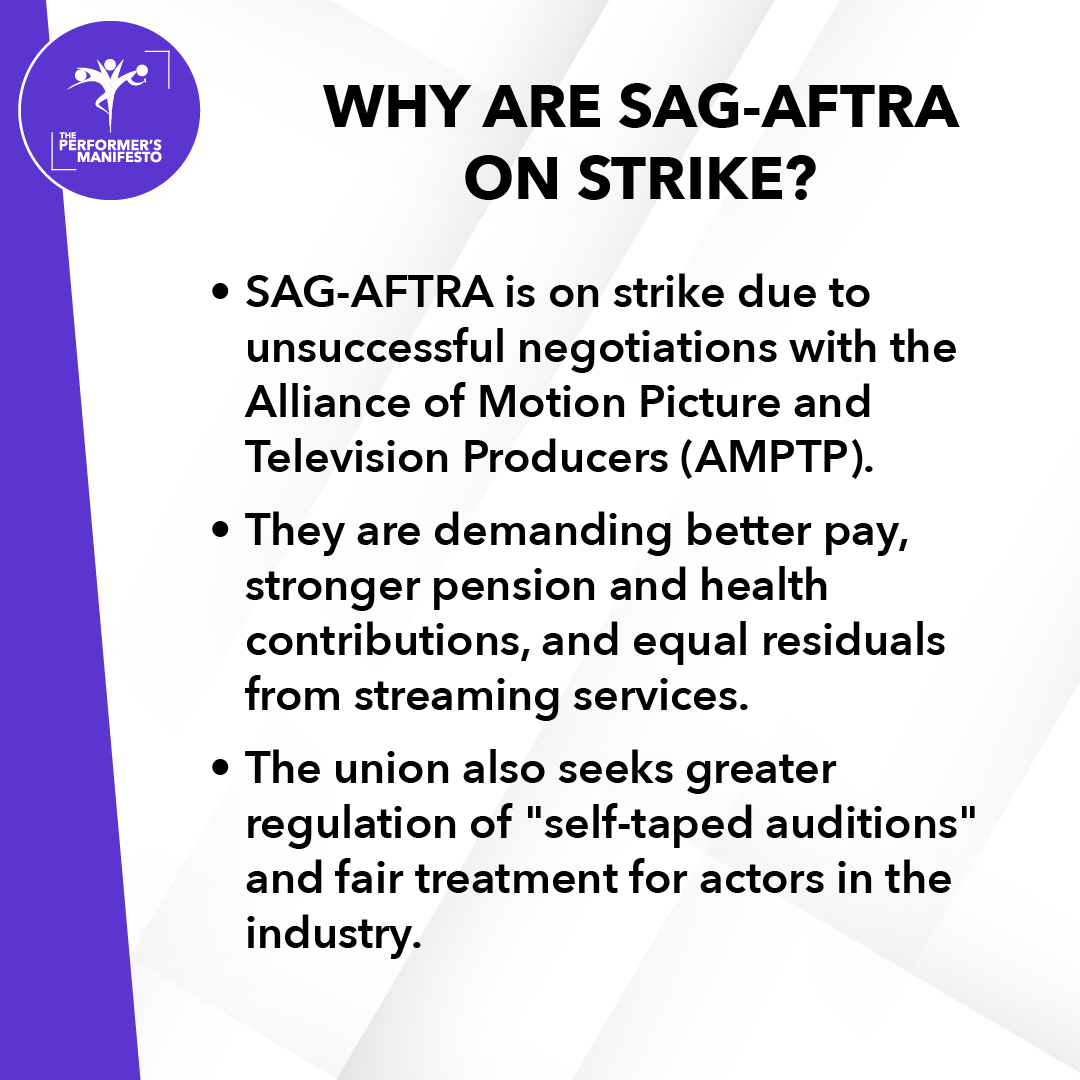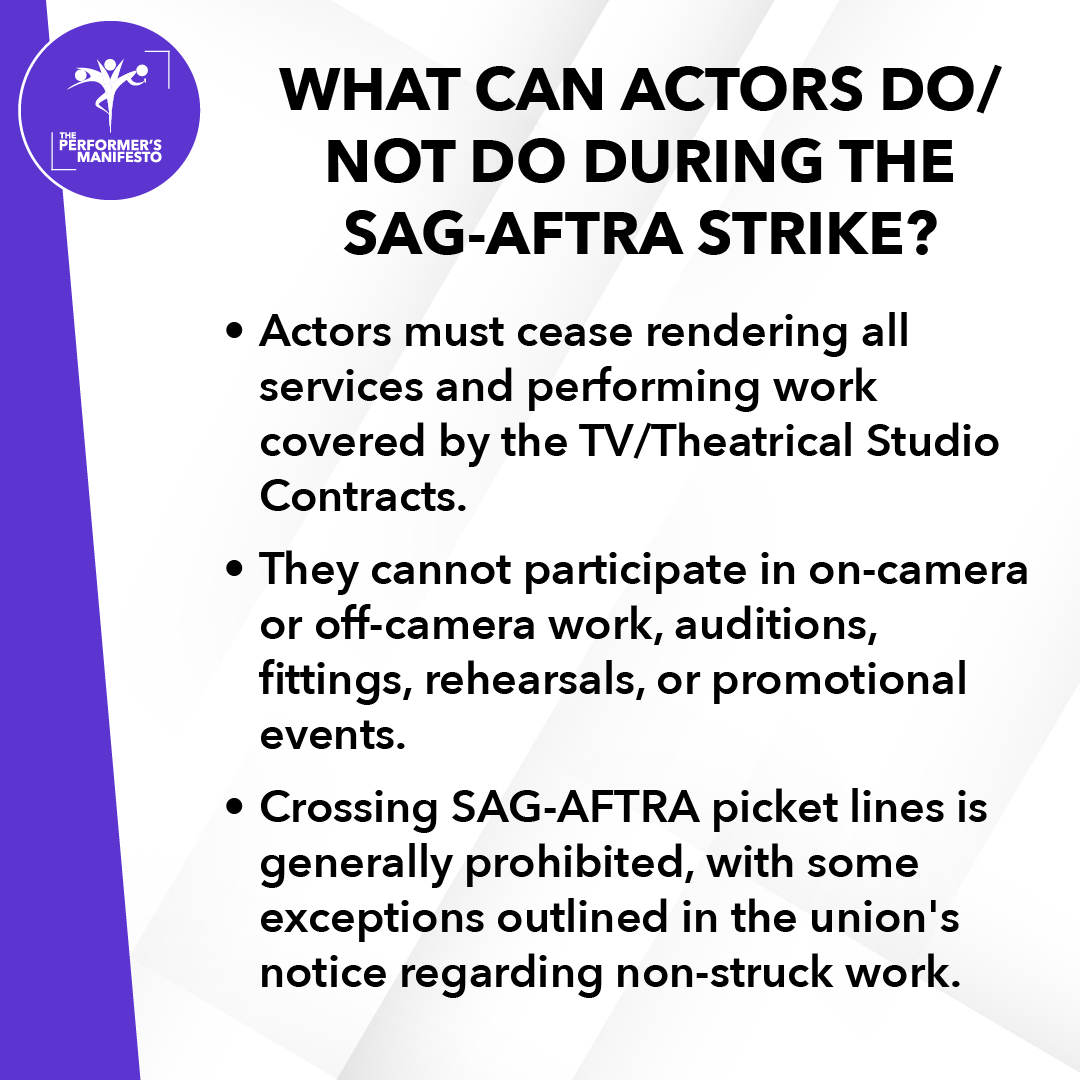If you’ve been following the recent news in the entertainment industry, you might have come across the name SAG-AFTRA. But what exactly is SAG-AFTRA, and why are they on strike? Let’s break it down for you.
SAG-AFTRA, officially formed on March 30, 2012, is a union that represents most actors when they work on film and television productions in the United States. It is the result of a merger between two long-standing unions: the Screen Actors Guild (SAG) and the American Federation of Television and Radio Artists (AFTRA). SAG was founded in 1933 during the Golden Age of Hollywood to fight for fair treatment and rights for actors, while AFTRA was established in 1937 to represent radio artists and later expanded to include television performers.
The current strike by SAG-AFTRA is a result of unsuccessful negotiations with the Alliance of Motion Picture and Television Producers (AMPTP), a trade group representing studios, broadcast networks, and streaming services. The union is demanding better pay, stronger contributions to their pension and health fund, and equal residuals from streaming services compared to traditional theatrical and broadcast productions. They also seek greater regulation of “self-taped auditions,” which have become the norm in the industry, placing a burden on actors who need to provide their own equipment and find scene partners.
Now, let’s answer the burning question: what can actors do or not do during the SAG-AFTRA strike? According to the strike order issued by the union, members are required to cease rendering all services and performing all work covered by the TV/Theatrical Contracts. This means that actors cannot participate in any projects that fall under the Producer-SAG-AFTRA Codified Basic Agreement, SAG-AFTRA Television Agreement, or other related agreements. This includes principal on-camera work, off-camera work like voice acting or ADR/looping, background work, fittings, rehearsals, and promotional events. Members are also expected not to cross SAG-AFTRA picket lines unless there are specific exceptions outlined in the union’s notice regarding non-struck work.
It’s important to note that non-members seeking future membership in SAG-AFTRA will not be admitted if they perform covered services for a struck company during the strike.
While the strike may cause disruptions in the industry, it represents the union’s efforts to negotiate for fair working conditions, better compensation, and protections for performers in an evolving entertainment landscape. As negotiations continue, actors and industry professionals are closely watching the developments and hoping for a resolution that benefits all parties involved.
In the meantime, the strike serves as a reminder of the important role that unions like SAG-AFTRA play in advocating for the rights and welfare of performers, ensuring fair treatment, and maintaining industry standards.





